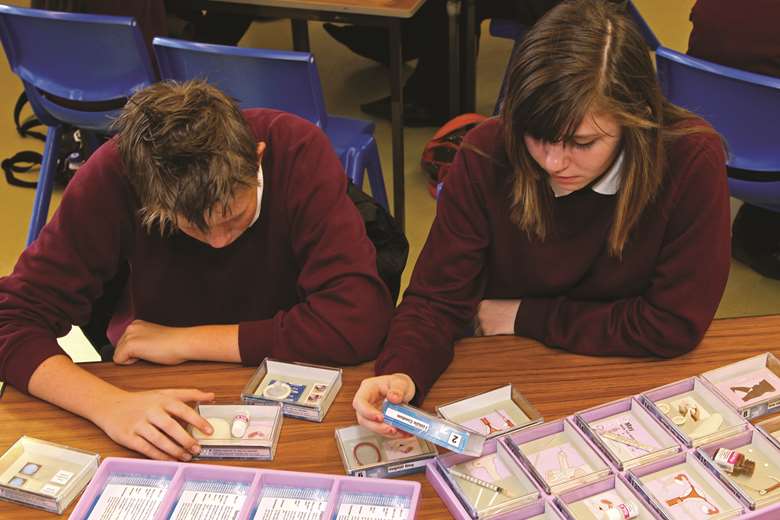Lack of compulsory sex education causing surge in STI rates, councils warn
Joe Lepper
Wednesday, February 15, 2017
Councils have warned that increasing levels of sexually transmitted infections (STIs) in young people is linked to a lack of good-quality sex and relationship education (SRE) in schools, claiming that making the subject statutory will help address the issue.

The Local Government Association (LGA) said that, in the absence of quality SRE lessons, too many pupils are leaving school lacking crucial knowledge about the risks of picking up a STI.
Most recent Public Health England figures show that there were 78,066 new STI cases among 15- to 19-year-olds in 2015, with the number rising to 141,060 for 20- to 24-year-olds. The LGA says the rise in cases needs to be recognised as a "major health protection issue", adding that it could be tackled through SRE in schools.
Currently SRE is compulsory in council-maintained secondary schools but not academies or free schools. In addition to compulsory SRE, the LGA wants to see ministers bring in statutory guidance for teachers covering sexual health and give parents the right to opt-out of such lessons.
Izzi Seccombe, chair of the LGA's community wellbeing board, said: "The lack of compulsory sex and relationship education in academies and free schools is storing up problems for later on in life, creating a ticking sexual health time bomb, as we are seeing in those who have recently left school.
"We believe that making SRE compulsory in all secondary schools, not just council-maintained ones, could make a real difference in reversing this trend, by preparing pupils for adulthood and enabling them to better take care of themselves and future partners.
"The evidence suggests that when designed and delivered in the right way, SRE can have a really positive impact on a pupil's development."
The LGA's call is backed by Family Planning Association chief executive Natika Halil.
"There's still a huge amount of stigma around sex and sexually transmitted infections and, without statutory SRE in all schools, many young people don't get the information they need and aren't consistently taught skills such as how to negotiate the use of condoms with a partner," she said.
Councils also have responsibility for public health and are currently spending £600m a year on sexual health.
The call for SRE to be made compulsory is the latest in a number of pleas to have the law changed. Last month the British Humanist Association said the move is needed as Ofsted is "fatally neglecting" to monitor SRE.
In November last year the chairs of five parliamentary select committees wrote to Education Secretary Justine Greening calling for SRE and personal, social, health and economic education to be compulsory to help tackle sexual harassment and abuse of pupils in school.
A Barnardo's poll of 1,000 children found 70 per cent want SRE to be compulsory in schools.
The government has consistently rejected such calls and last month Conservative MPs blocked an attempt by the Labour Party to introduce statutory SRE through an amendment in the Children and Social Work Bill.




